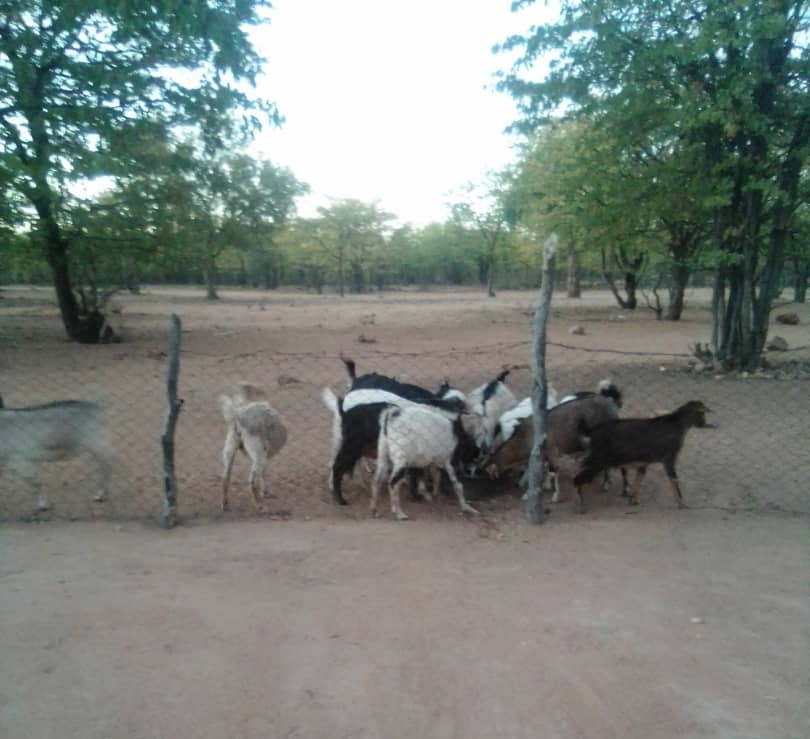
By Andile Thebe
Rising temperatures and dried-up water sources haven’t dampened the spirit of Sasha Ndebele, a young entrepreneur in Matabeleland South. Despite El Niño’s effects, Ndebele continues to fight to save her livestock.
Ndebele, a two-year veteran in animal husbandry raising goats, pigs, and broiler chickens, faces a critical challenge: accessing water for her animals.
“The greatest challenge I have is accessing water for my livestock,” she explains. “Most of the nearest water bodies have dried up.”
The long distances to watering holes expose the goats to dangers like wildlife attacks and diseases.
“Walking long distances to get water exposes my goats to jackal attacks, miscarriages, or catching fatal diseases,” Ndebele worries.
Speaking to Matobo Youth Development Initiative (MYDI) Matobo RDC ward 9 councillor, Otto Dube, confirms the lack of a reliable water source in the area.
“Most of the water bodies in my ward have dried up,” he says. “We now rely on Semukwe River, where residents have to dig wells to access water.”
This reliance on the river creates a burden for both domestic use and livestock needs.
“Residents have to walk long distances to access water for domestic use and for the animals too,” Dube adds.
The low rainfall has resulted in poor grazing lands, forcing Ndebele to provide supplementary feed for her goats. However, commercially produced stock feed is out of reach due to high prices.
“Due to the poor rains received this year, the stock feed price has increased and using it will lower my profit,” Ndebele explains.
Instead, Ndebele demonstrates resourcefulness, utilizing readily available traditional feed sources. She feeds her goats IThetshane leaves (Combretum Hereroense), groundnut shells (amakhasi amazambane), and acacia tortilis (umtshatshatsha). For her pigs, she relies on leftover food from restaurants in the area.
Councillor Dube acknowledges the ongoing search for solutions.
“We are still searching for alternative ways to ensure that people can easily access water in the ward,” he says.
In April 2024 President Emmerson Mnangagwa declared a state of emergency due to the El Niño-induced drought. The government has promised to drill boreholes to address the national water shortage problem.
With more than 80% of the country receiving below-average rainfall in the last season, Ndebele’s story exemplifies the resilience of Zimbabwe’s farmers in the face of climate challenges.